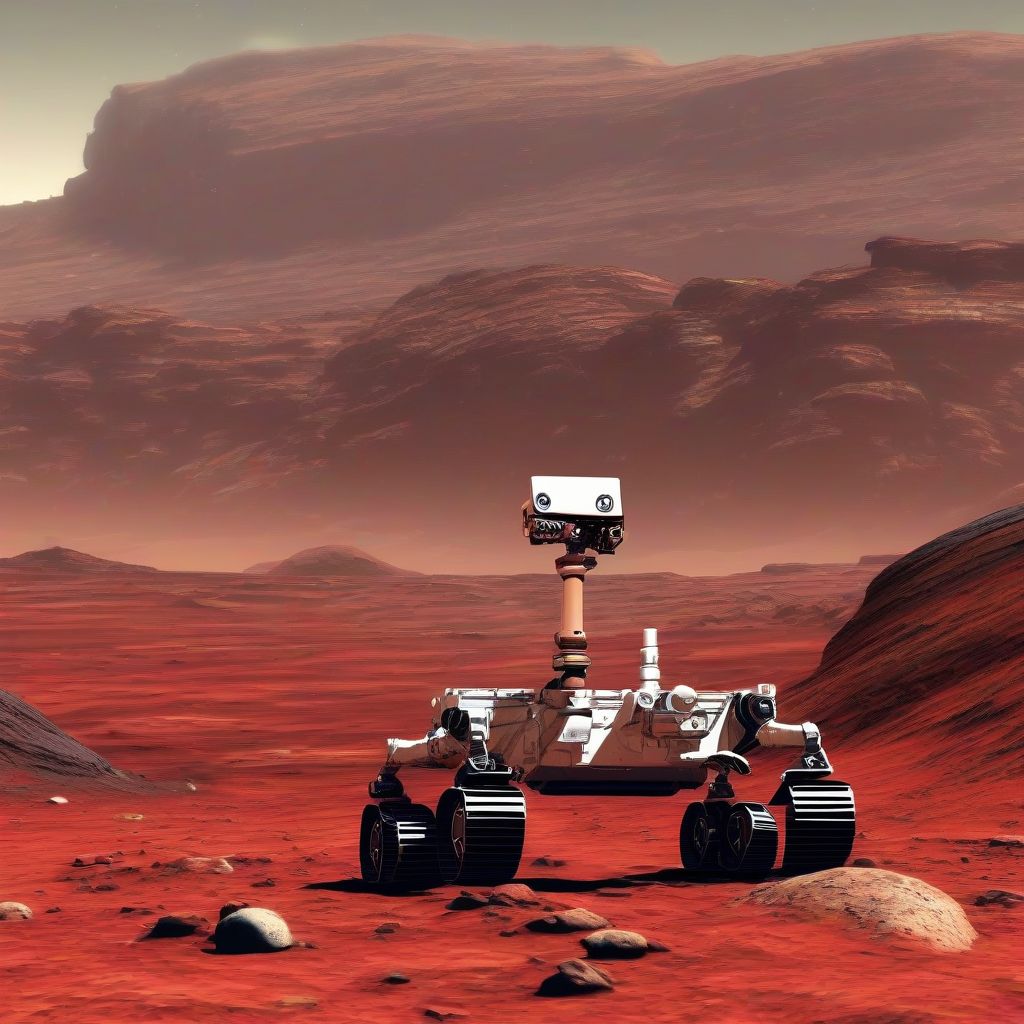“Two possibilities exist: either we are alone in the Universe or we are not. Both are equally terrifying.” – Arthur C. Clarke. This quote perfectly encapsulates the driving force behind humanity’s fascination with space exploration, particularly our ambition to reach Mars. The Red Planet, with its rusty hues and whispers of past life, represents the next giant leap for mankind. But journeying to another planet, even our closest neighbor, is a monumental task, demanding groundbreaking advancements in science, technology, and human resilience. So, how is space exploration preparing us for missions to Mars?
Pushing the Boundaries of Technology
Our current space exploration endeavors serve as crucial stepping stones to Mars. The International Space Station (ISS), for example, is a testament to international collaboration and a testing ground for technologies essential for long-duration space travel.
Life Support Systems: Breathing Life into Space Travel
On the ISS, astronauts have been living and working in space for over two decades. This has provided invaluable data on developing and refining life support systems crucial for a multi-year mission to Mars. We’re talking about recycling air and water, managing waste, and even growing food in the challenging environment of space.
Propulsion Systems: The Need for Speed
Reaching Mars requires traversing vast distances. Current research focuses on developing more efficient propulsion systems. Ion propulsion, which uses electricity to accelerate charged particles, is a promising technology already being tested. This method could significantly reduce travel time to Mars, making missions more feasible.
 Mars Rover Exploring the Surface
Mars Rover Exploring the Surface
Radiation Shielding: Protecting Our Astronauts
One of the most significant dangers of deep-space travel is radiation. Unlike Earth, Mars lacks a global magnetic field to deflect harmful cosmic rays. Scientists are actively developing advanced shielding materials and exploring countermeasures like specialized spacecraft designs and even potential medications to mitigate these risks.
The Human Element: Adapting to Life Beyond Earth
Beyond the technological hurdles, preparing for a mission to Mars requires understanding and addressing the physiological and psychological challenges of long-duration space travel.
Simulated Environments: A Taste of Mars on Earth
Researchers are using Earth-based analogs, such as the Mars Desert Research Station in Utah, to simulate the Martian environment and study human behavior and performance in isolation and confinement. These simulations help develop strategies for crew selection, team dynamics, and psychological support.
Nutrition and Exercise: Maintaining Health in Microgravity
Extended periods in microgravity can lead to bone and muscle loss. Astronauts on the ISS follow rigorous exercise routines and specialized diets to counteract these effects. Similar, but even more, intensive protocols are being developed for Mars missions.
Mental Fortitude: The Psychological Frontier
The psychological impact of a multi-year mission, confined within a spacecraft millions of miles from Earth, is an area of active research. Developing strategies for maintaining mental well-being, fostering resilience, and addressing potential psychological challenges is crucial for mission success.
The Power of International Collaboration
The journey to Mars is a global endeavor. The ISS stands as a shining example of international cooperation in space, and similar collaboration will be essential for landing humans on Mars.
Pooling Resources and Expertise
By pooling resources, expertise, and sharing knowledge, space agencies worldwide can overcome the immense technological and logistical challenges of a Mars mission.
A Shared Vision for the Future
Collaboration in space exploration transcends political boundaries and fosters a shared sense of purpose and a vision for the future of humanity as a spacefaring species.
Conclusion: Onward to the Red Planet
The quest to reach Mars is a testament to human ambition, ingenuity, and our insatiable thirst for knowledge. While challenges remain, every experiment conducted on the ISS, every rover deployed on Mars, every line of code written for advanced life support systems, brings us one step closer to our goal. The journey itself is pushing the boundaries of human knowledge and technological innovation, and the lessons learned along the way will undoubtedly shape the future of space exploration and benefit humanity here on Earth.
What new discoveries await us on Mars? What wonders will we uncover? As we venture further into the cosmos, one thing is certain: the journey to Mars is an investment in our future, a testament to our unwavering spirit of exploration, and a giant leap for humankind.
[amazon bestseller=”Mars Exploration”]
